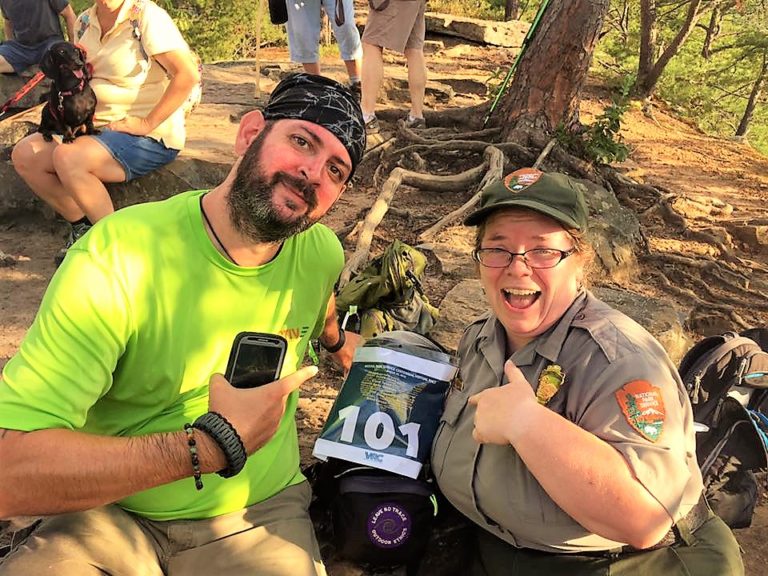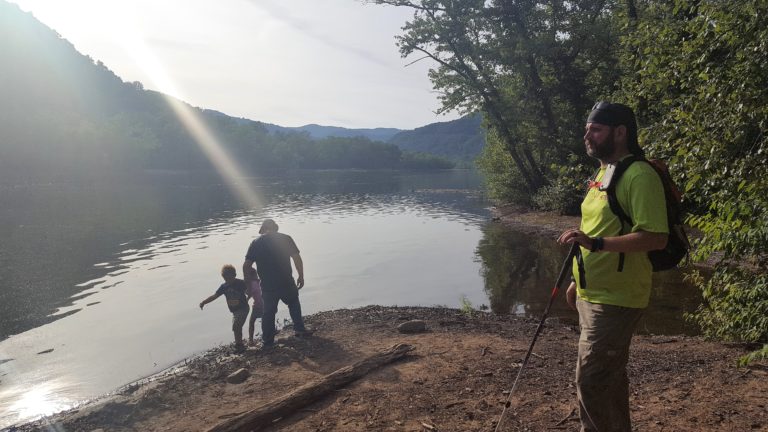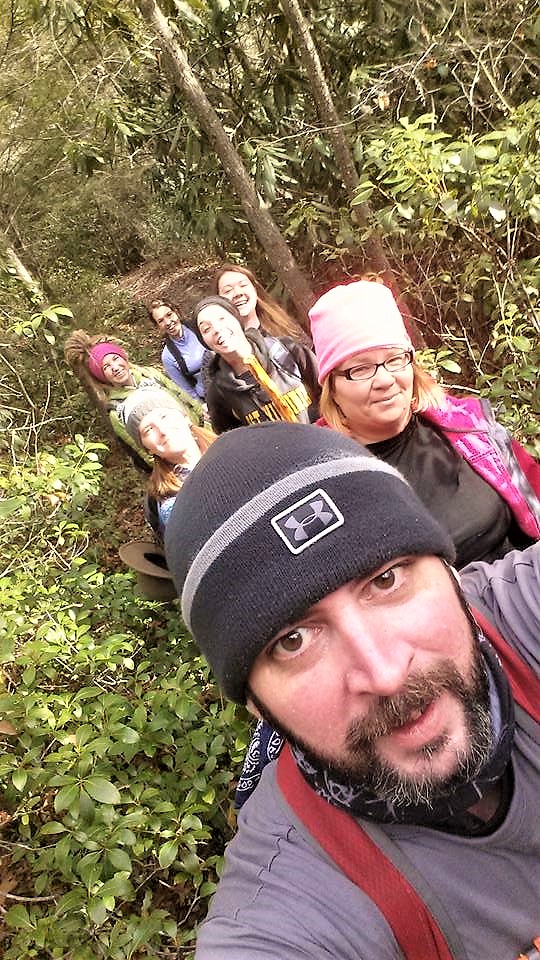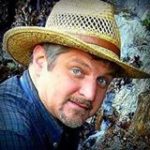
The mysterious disease that crippled Levi Moore didn’t strike overnight. It took its own painful time, flaring and abating for a decade before destroying his mobility. Struggling between bed and wheelchair, he became a prisoner in his home, yearning to explore the outside world he’d taken for granted.
It seemed no one could help. Often by the time doctors could arrange tests, the symptoms had disappeared, leaving some to suggest the ailment was psychosomatic. Almost a year and a half after climbing into a wheelchair, however, the right doctor performed the right test at the right time and discovered exceptionally high levels of uric acid in his blood. The diagnosis: gout — systemic gout, attacking almost every joint in his body.
Those who have suffered gout know the pain, which has been compared to moving about with crushed glass packed between the joints; that’s because the pain is inflicted when uric acid crystallizes within the joints. The trigger for crystallization has eluded physicians, though the build-up of acid is now understood to be caused by a diet heavy in steak, seafood, alcohol, meat organs, and drinks that are sweetened with fructose.
Moore promptly changed his diet and was put on a course of appropriate medicine. Within weeks he began to feel better, though he didn’t feel like his old self. Parts of his old self, physically speaking, had died away: the damage to his joints over more than a decade had been massive. But perhaps one of the most important aspects of his personality, an aspect that might have sharpened through the process, remained intact — his determination. He refused to give in. He defied the damage and began to rebuild, and he stubbornly refuses even today to consider that he is different than billions of others who have suffered and recovered.

This determined acceptance — that if he is a hero, then we are all of us heroes — is an idea Moore seeks to foster. And it his understanding of the condition of illness and the potential for recovery that drives him to help others enjoy the thrill of even the least physical activity. Daily he strives to recover and build, matching other athletes in willpower if not in strength and endurance. Many times each week he takes in hand trekking poles that help him stabilize as ventures out on sidewalks and hiking trails, pioneering paths that other able bodies have yet to tread.
“I enjoy it so much, and I encourage others to venture out, because I know how easy it is to have all of this taken away,” he explained one afternoon as we scouted new trail, a gentle path upon which he hoped to guide others who he can help motivate.
Throughout his recovery he has championed the cause of walking and hiking for the sake of personal fulfillment, and nearly each day he employs social media to broadcast positive messages and encourage others to find their own paths. Over the last year he also joined the efforts of Active Southern West Virginia as a Community Captain, guiding walks and hikes, and he recently accepted the invitation to become a member of the institution’s board, helping guide its efforts to encourage residents of southern West Virginia to enjoy active lifestyles.
What’s next for Moore? Barring setbacks brought on by occasional flare-ups, you’re sure to see him guiding many more hikes through southern West Virginia, setting a pace designed to encourage any and all to join in the fun. He’s enthused about the idea of promoting distance walking and orienteering, a sport that requires participants to use maps and compasses to navigate across unfamiliar terrain.

I asked Moore during our last conversation to provide recommendations for physical activity that had meaning to him and which might inspire the rest of us to activate on those days when inspiration is hard to come by.
Less stress
“Physical activity in almost any form decreases stress. When you’re walking, which is something I do a lot, your subconscious mind perceives the activity as walking away from the stress of whatever is bothering you. It’s difficult to be stressed when you’re enjoying a walk.”
Builds relationships
“I’ve found that when you participate in physical activity with others, you build a bond with the people with whom you’re sharing that activity. Whether walking or hiking or lifting weights, you accomplish something together. You achieve a common goal.”
Boosts confidence
“Even a little physical activity will boost confidence across the board. I experienced this when I left the wheelchair and began to walk — and again again when I walked ten miles. I see it in my daughter as she’s learned to run. She stands straighter and walks with a lighter step.”
Betters health
“It seems like a no-brainer, but it’s important to consider that even a little activity works. Your overall health will improve whenever you’re up and moving. Your circulatory system immediately begins to activate. Your nervous system, flexibility, overall strength.”
Creates memories
“This has been very important for me as I’ve developed many friendships simply by walking with others over the past year. And I’ve developed so many good memories of discussions I’ve had and beautiful scenes that have opened up before me.”

Author David Sibray is a journalist and specialist in real estate and emerging markets in West Virginia. He is also a member of the board of Active Southern West Virginia and frequently accompanies Levi Moore on his outings.

